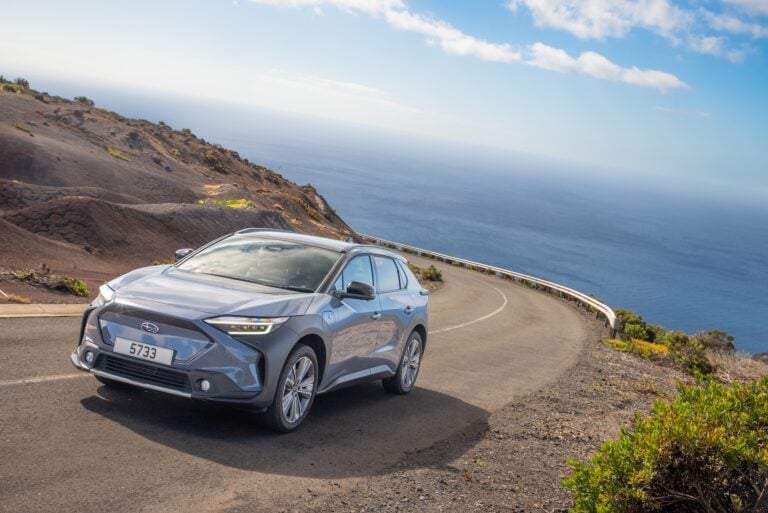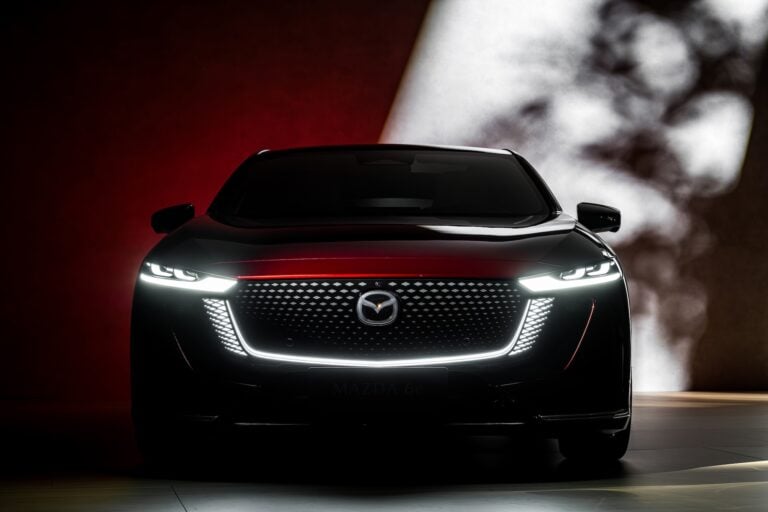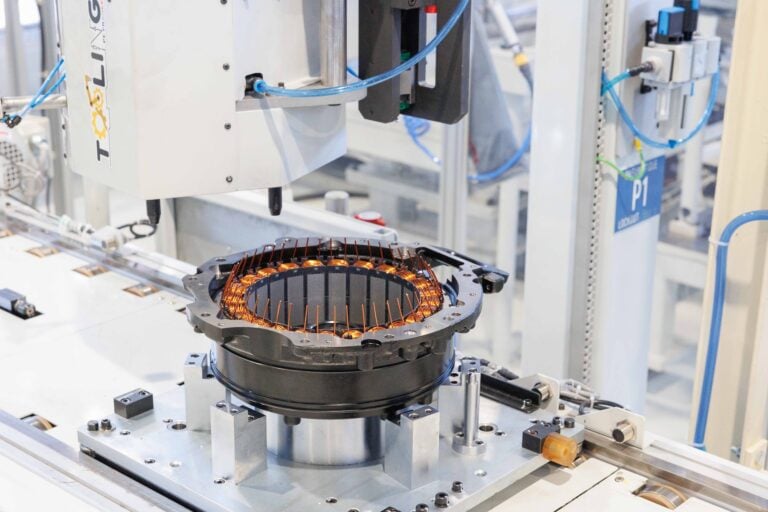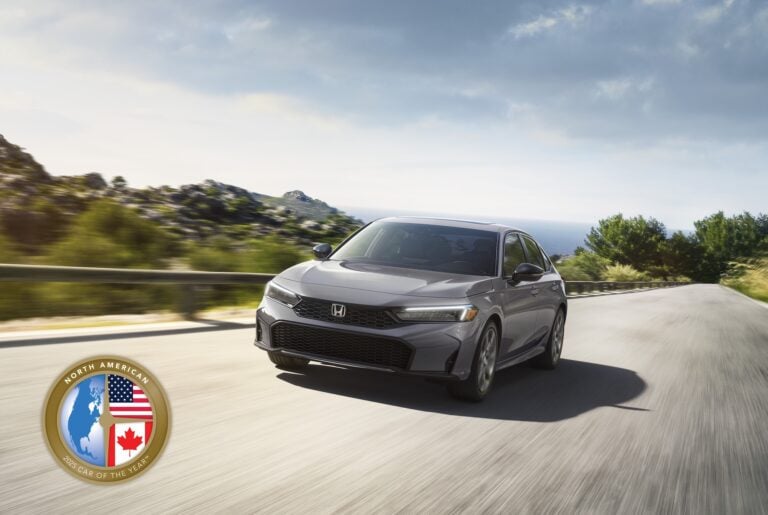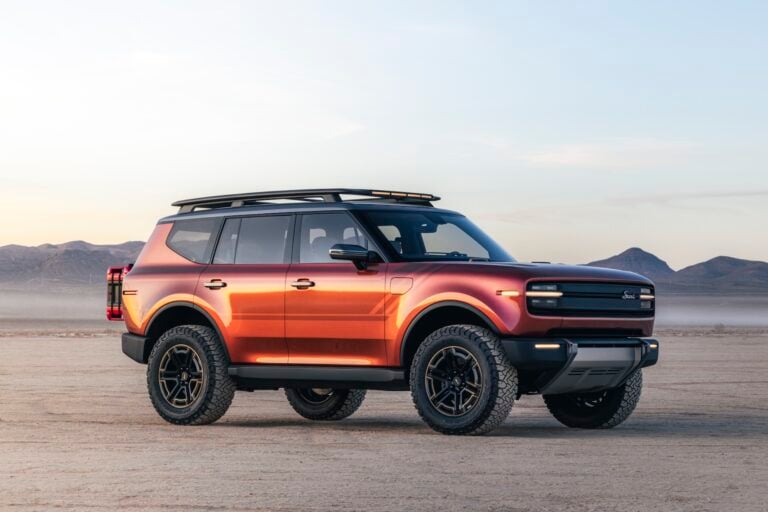Sign up for our popular daily email to catch all the latest EV news!
BMW and Toyota are deepening their collaboration to bring fuel-cell electric vehicles (FCEVs) to the forefront of the automotive industry. BMW plans to introduce its first series production FCEV by 2028, offering customers a zero-emission alternative. This partnership, built on over a decade of cooperation, focuses on developing next-generation fuel cell powertrain systems, with a shared goal of advancing hydrogen mobility.
Key Highlights:
- BMW’s first hydrogen-powered vehicle will be available in 2028, providing customers an all-electric option with zero emissions.
- Toyota and BMW’s partnership aims to accelerate the development of fuel cell technology, benefiting both passenger and commercial vehicles.
- The collaboration seeks to expand hydrogen infrastructure, complementing the use of battery electric vehicles (BEVs) and supporting sustainable hydrogen supply.
- Both companies support creating a hydrogen refueling network to ensure the long-term viability of hydrogen-powered transportation.
- BMW and Toyota believe hydrogen is essential for a carbon-neutral future, especially where battery electric technology faces limitations.

FCEV Development and Launch
BMW’s decision to introduce its first hydrogen-powered production model by 2028 marks a significant step towards diversifying its electric vehicle lineup. This vehicle will integrate hydrogen fuel cell technology alongside BMW’s existing models, complementing BEVs, plug-in hybrids, and internal combustion engines (ICE). BMW’s iX5 Hydrogen pilot program, tested worldwide, has paved the way for this new series of FCEVs.
A Partnership Built on Innovation
BMW and Toyota’s collaboration, which began over a decade ago, is now focused on developing the next generation of fuel cell powertrain systems. This joint effort allows both companies to pool resources, reduce costs, and offer customers distinct FCEV models while preserving their brand identities. By working together, BMW and Toyota aim to drive down the cost of fuel cell technology, making hydrogen-powered vehicles more accessible.
Advancing the Hydrogen Economy
Both BMW and Toyota recognize hydrogen as a crucial element in achieving carbon neutrality. Beyond passenger vehicles, they are also exploring hydrogen’s potential in commercial applications and the broader energy market. By creating demand for hydrogen, the companies are actively supporting the establishment of a sustainable supply chain and refueling infrastructure.
In conclusion, BMW and Toyota’s collaboration marks a significant milestone in the journey toward a hydrogen-powered future, emphasizing the role of FCEVs in achieving a more sustainable and diversified mobility landscape.
Sign up for our popular daily email to catch all the latest EV news!



